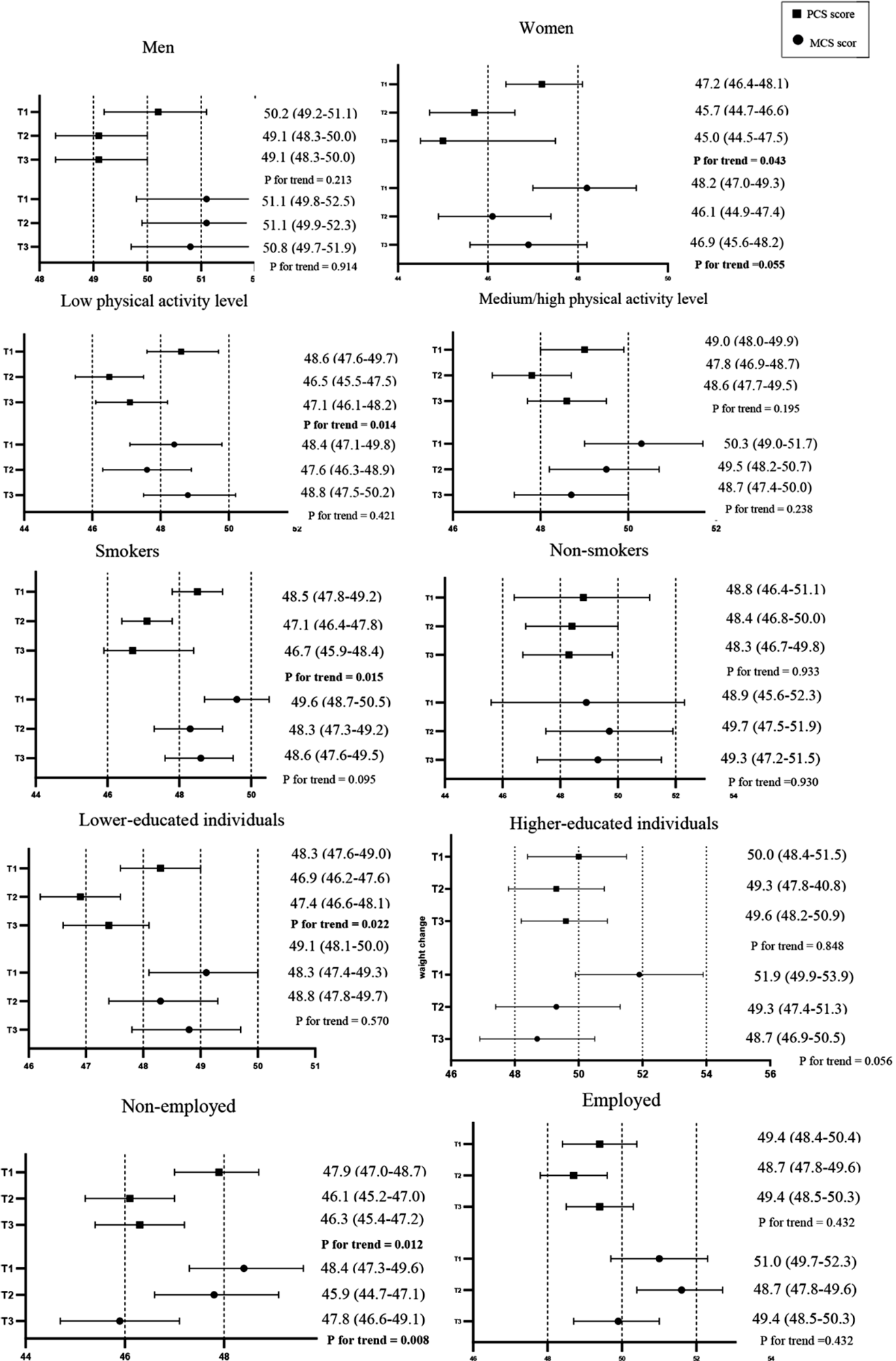UPFs are heavily processed foods with a low nutritional quality. They are often high in sugar, salt, and unhealthy fat and lack fiber, protein, and micronutrients.
The global consumption of UPFs continues to rise, which has led to increasing rates of obesity and cardiovascular disease, as well as lower HRQoL. Prior research has established a positive link between a healthy dietary pattern and improved mental and physical health.
Socioeconomic and educational factors can contribute to the consumption of UPFs and modify their impact on the HRQoL. Although most previous studies have examined the relationship between these different factors in adolescents, the present study included a population-based cohort of adults.
About the study
The current study included 1,766 adults between the ages of 18 and 78 years who were part of the Tehran Lipid and Glucose study. Study participants’ intake of UPFs and their HRQoL were evaluated. Socioeconomic and lifestyle factors, including smoking and physical activity, were also recorded.
Both physical and mental health components were assessed separately, and their associations determined across UPF consumption were stratified into tertiles. The model was then extended to understand how lifestyle and socioeconomic factors affected this relationship.
What did the results show?
Almost equally distributed between the two sexes, over 80% of the study participants were less educated and current smokers. The mean age of the study cohort was 39 years. Men had higher physical component summary (PCS) and mental component summary (MCS) scores than women, whereas smokers had better PCS scores than non-smokers.
The median consumption of UPFs accounted for about 12% of total energy intake. Higher UPF intake was more common among women, younger and unmarried participants, smokers, and those with a lower body mass index (BMI). These individuals were also more likely to consume more energy, saturated and unsaturated fats, meat, poultry, fish, and refined flours.
Unhealthy fats in the diet may contribute to insulin resistance and low-grade systemic inflammation. Subsequent muscle loss can reduce an individual’s functional status, promote frailty and disability, as well as increase their risk of fractures, all of which reduce HRQoL.

Multivariable mean (95% confidence interval) of the association between ultra-processed foods, physical component summary (PCS), and mental component summary (MCS) scores, stratified by sex, lifestyle, and socioeconomic status. Data were adjusted for age, sex, BMI, and energy intake, smoking status, physical activity levels, marital status, education level
Comparatively, the consumption of whole grains, fruits, dairy, vegetables, and overall carbohydrates and proteins declined with rising UPF intake. Previous studies have shown that nutritional improvements increase HRQoL among adolescents with excessive BMI; however, more recent studies have reported reduced emotional well-being after these interventions. Importantly, these studies are not relevant to adults, as they have primarily been focused on adolescents.
The PCS score of HRQoL reduced with higher UPF intake, whereas the MCS score was not affected. The adverse effect of UPF intake on the PCS score was not observed in those with healthy lifestyles and higher socioeconomic status, thus indicating that these factors may prevent insulin resistance and inflammation.
The relationship between PCS score and UPF consumption was altered after including parameters like sex and occupation. In women, the PCS score was reduced as UPF intake increased.
Significant interactions were observed between this relationship and the presence of smoking, education, and physical activity. Smokers, those with low physical activity levels, as well as individuals with a lower education status, were more likely to have lower PCS scores with increased UPF consumption.
Both PCS and MCS scores were reduced among unemployed individuals with higher UPF consumption. MCS scores did not reflect any other significant differences with changes in lifestyle or socioeconomic status.
In one Australian study of older adults, each additional 10 grams of red meat was associated with a 0.4-point reduction in MCS scores. This observation was contradicted by two randomized control trials in which a high-protein diet was not associated with any change in MCS scores. Notably, most of these studies involved a higher median intake of UPFs than the present study.
Some broad-based studies have indicated that MCS scores do not correlate with dietary quality. Moreover, some prospective studies have reported that younger women consuming a healthy diet have higher MCS scores than men with similar dietary patterns. Many studies have also shown that unhealthy dietary habits are associated with lower MCS scores.
Conclusions
Higher intake of ultra-processed foods was associated with poorer physical health, particularly among women, those with unhealthy lifestyles, and low socioeconomic conditions.”
Higher socioeconomic status and higher educational and income levels were associated with improved physical HRQoL. Conversely, lifestyle factors like smoking and low levels of physical activity were associated with worse physical HRQoL. The current study is among the first to report how smoking affects the association between HRQoL and UPF intake.
This study highlights the importance of adopting appropriate lifestyle habits along with a healthy diet among women and subjects with low socioeconomic status.”
Journal reference:
- Hosseinpour-Niazi, S., Niknam, M., Amiri, P. et al. (2024). The association between ultra-processed food consumption and health-related quality of life differs across lifestyle and socioeconomic strata. BMC Public Health. doi:10.1186/s12889-024-19351-7.